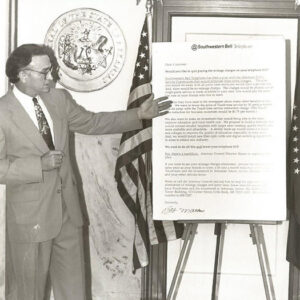 Winston Bryant
Winston Bryant
Gender: Male
 Winston Bryant
Winston Bryant
Bryson (Lynching of)
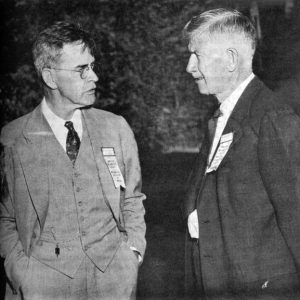 Herbert Buchanan and George A. Campbell
Herbert Buchanan and George A. Campbell
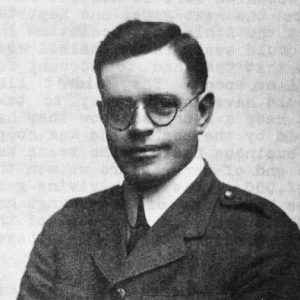 Herbert Buchanan
Herbert Buchanan
Buchanan, Herbert Earle
Buchanan, Roy
aka: Leroy Buchanan
 Roy Buchanan
Roy Buchanan
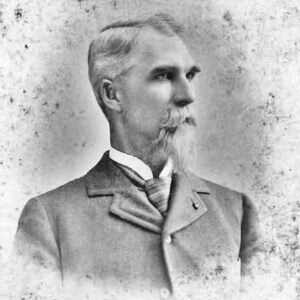 Edward Lyon Buchwalter
Edward Lyon Buchwalter
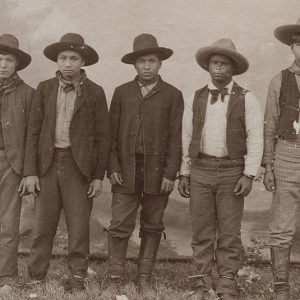 Rufus Buck Gang
Rufus Buck Gang
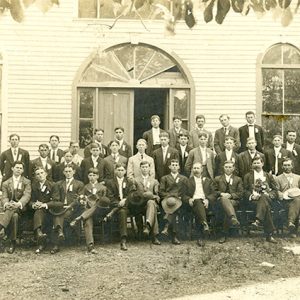 Buckner College Students
Buckner College Students
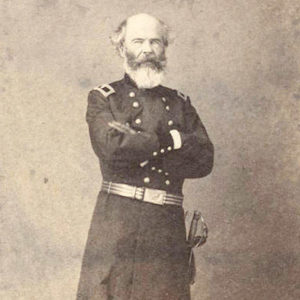 Napoleon Buford
Napoleon Buford
Buford, Napoleon Bonaparte
 Buildings of Arkansas
Buildings of Arkansas
Bullfrog Valley Gang
Bump, Dallas
Bumpass, Rodger
 Bumpers in Parade
Bumpers in Parade
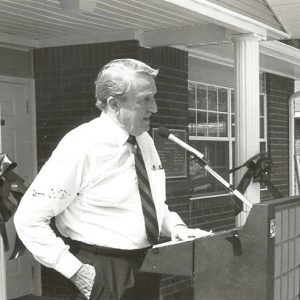 Dale Bumpers
Dale Bumpers
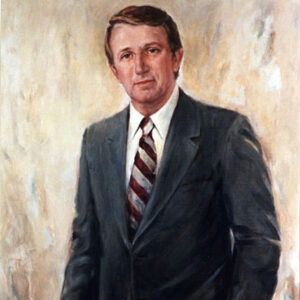 Dale Bumpers
Dale Bumpers
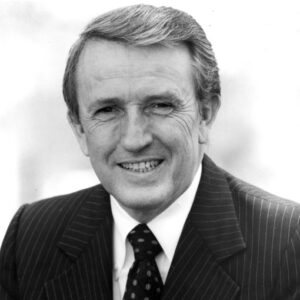 Dale Bumpers
Dale Bumpers
 Bumpers in Cabot
Bumpers in Cabot
Bumpers, Dale Leon
Bunch, Bradley
Bunch, William
aka: Peetie Wheatstraw
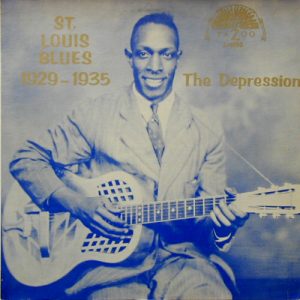 William Bunch
William Bunch
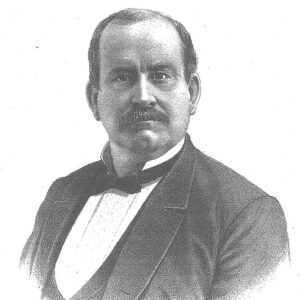 H. G. Bunn
H. G. Bunn
Bunn, Henry Gaston
 Dan Bunten
Dan Bunten
Burgess, Franklin
Burgess, Sonny
aka: Albert Austin Burgess
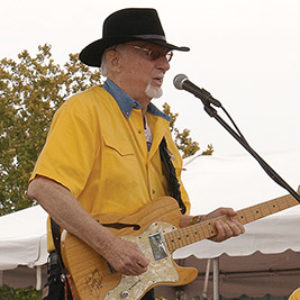 Sonny Burgess
Sonny Burgess
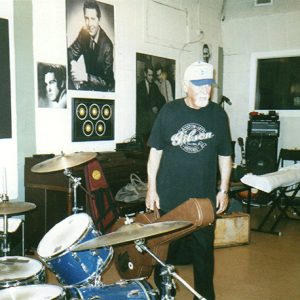 Sonny Burgess at Sun Studios
Sonny Burgess at Sun Studios
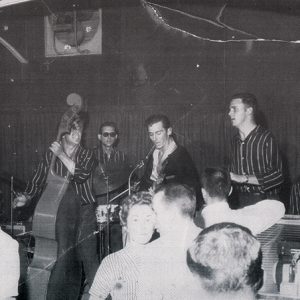 Sonny Burgess & the Pacers
Sonny Burgess & the Pacers
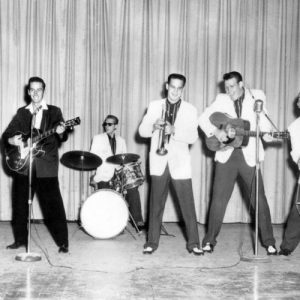 Sonny Burgess and the Pacers
Sonny Burgess and the Pacers
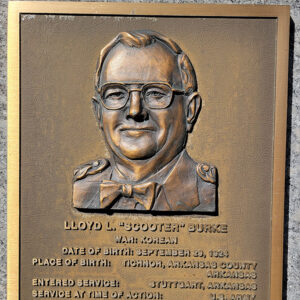 Lloyd L. Burke Plaque
Lloyd L. Burke Plaque
Burke, Lloyd Leslie “Scooter”
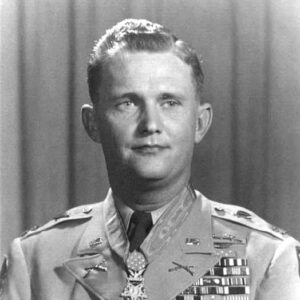 Lloyd "Scooter" Burke
Lloyd "Scooter" Burke
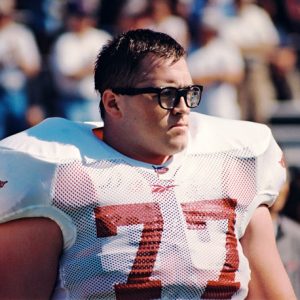 Brandon Burlsworth
Brandon Burlsworth
Burnett, Henry (Execution of)
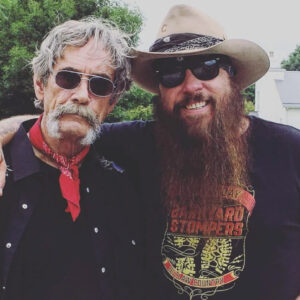 Billy Don Burns
Billy Don Burns
Burns, Billy Don
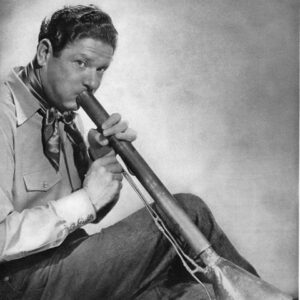 Bob Burns with Bazooka
Bob Burns with Bazooka
Burns, Bob
aka: Robin Burn
Burr, Edward Everett
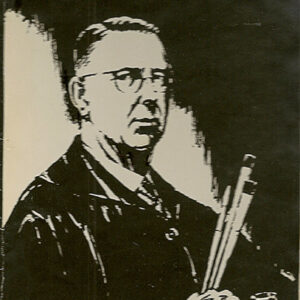 Everett Burr Self-Portrait
Everett Burr Self-Portrait
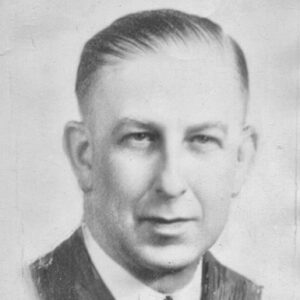 Everett Burr
Everett Burr
Burris, Sidney
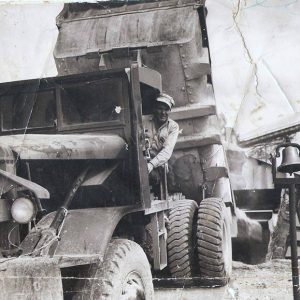 Olen Burrow
Olen Burrow
Burton-Aikin Feud
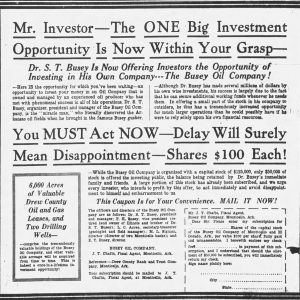 Busey Oil Ad
Busey Oil Ad




